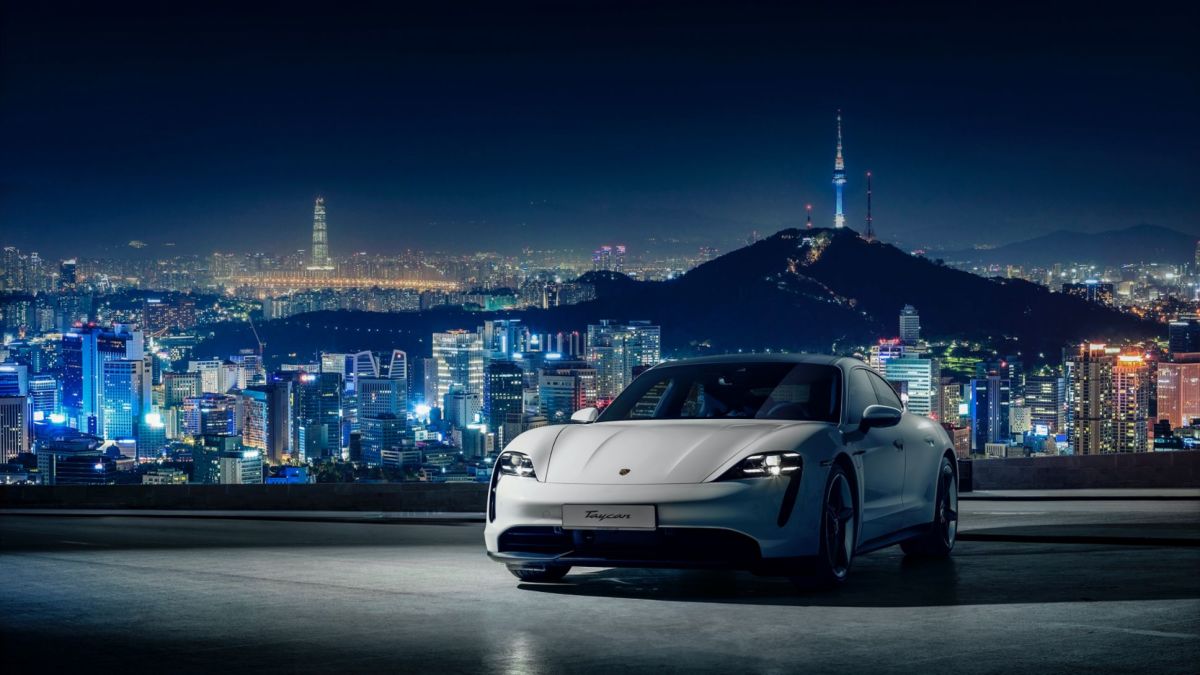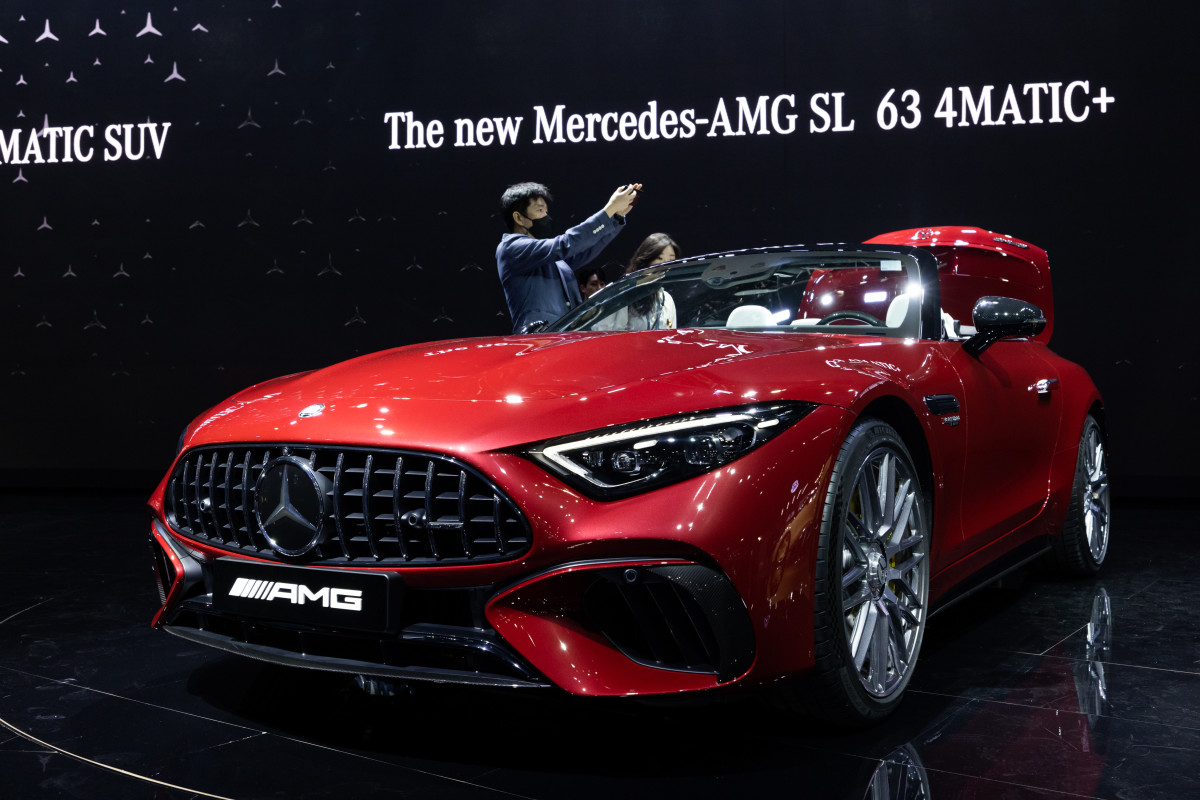
Whether or not you have heard the hit song "Gangnam Style" that sprung to the number 2 spot on the Billboard Hot 100 in 2012, it is no secret that South Korea has an obsession with luxury brands.
From one aspect, these highbrow tastes can be reflected in Korean consumer's desire for high-end clothing and cosmetics. Fashion and jewelry houses like LVMH's (LVMHF) Christian Dior, Céline, Tiffany & Co. and Bulgari see the Land of Tigers as a key market in Asia — so much so that the brands employ the country's fresh-faced and internationally famous pop stars to serve as brand ambassadors and appear on international advertising campaigns.
Related: Tesla's latest update brings good news for vehicle owners

The Korean well-to-do also have a sizable appetite for expensive luxury cars. According to data from the Korea Automobile Importers and Distributors Association (KAIDA), more than 26,722 foreign luxury cars priced at the equivalent of $100,000 were sold in South Korea in 2023, a figure that has tripled since 2019.
While the luxury car market grew at a rapid pace over that four-year period, a recent report shows that auto sales from high-end brands like Bentley, Porsche and Rolls-Royce have taken a huge nose dive since the start of 2024 due to an issue that might give such cars an ugly mark.
As per a report in The Korea Times, purchases of ultra-luxury brands like Bentley, Porsche and Rolls-Royce have taken a massive nosedive after new legislation affecting company cars has taken effect in the beginning of the year.
View the original article to see embedded media.
The law, which was introduced by the country’s Ministry of Land, Infrastructure and Transport, requires cars priced over 80 million Korean won, or roughly $57,945, that are registered to businesses to wear bright, neon lime-green license plates that clearly indicate that said cars are not privately-owned vehicles.
The ministry claims that the new rule would stop Korean business owners from evading sales taxes. Under the old rule, Korean business owners and their relatives could register expensive cars as company cars to pay a lower tax rate than through private channels.
The new ruling seems to be working, as the thought of a new Bentley, Porsche or Rolls wearing a bright green license plate would not only be a fashion faux-pas, but a bright green target for the Korean taxman. As a result, the Korea Times is reporting that new registrations of foreign brands have shrunk dramatically.
More Automotive:
- BMW exec says it's the end of the line for a popular option among car enthusiasts
- Mercedes just took a subtle dig at its biggest luxury rival
- Ford is taking away a convenient feature because no one uses it
Compared with the same period in 2023, new registrations of Porsche (POAHY) vehicles are down 23%, BMW-owned (BMWYY) Rolls-Royce down 35%, with the worst falloff being felt by Volkswagen-owned (VLKAF) British ultra-luxury brand Bentley, whose sales are down 77%. Additionally, in the period spanning from January to March 2024, Lamborghini sales slumped 22% in South Korea.
“Generally speaking, few customers or business owners prefer to purchase vehicles with green plates due to the prevalent negative image on rental and lease cars,” a brand rep from an unnamed luxury automaker told The Korea Times. “This will weaken the overall sentiment from business owners who plan to purchase luxury cars as fleet vehicles.”
Statistics from the Korea Times show that 40% of total car registrations in 2023 were company cars, a figure that is currently down to just 28%. However, domestic economic factors are also shifting the attitudes of South Korean buyers.
“As the economy is showing no immediate signs of a rebound, demand for pricey vehicles declines,” an unnamed auto executive told the Korea Times.
“To make matters worse, the regulation also comes as a bane for such supercar makers to rev up their diminishing sales performance here,” an exec from a different automaker said.
Related: Veteran fund manager picks favorite stocks for 2024







